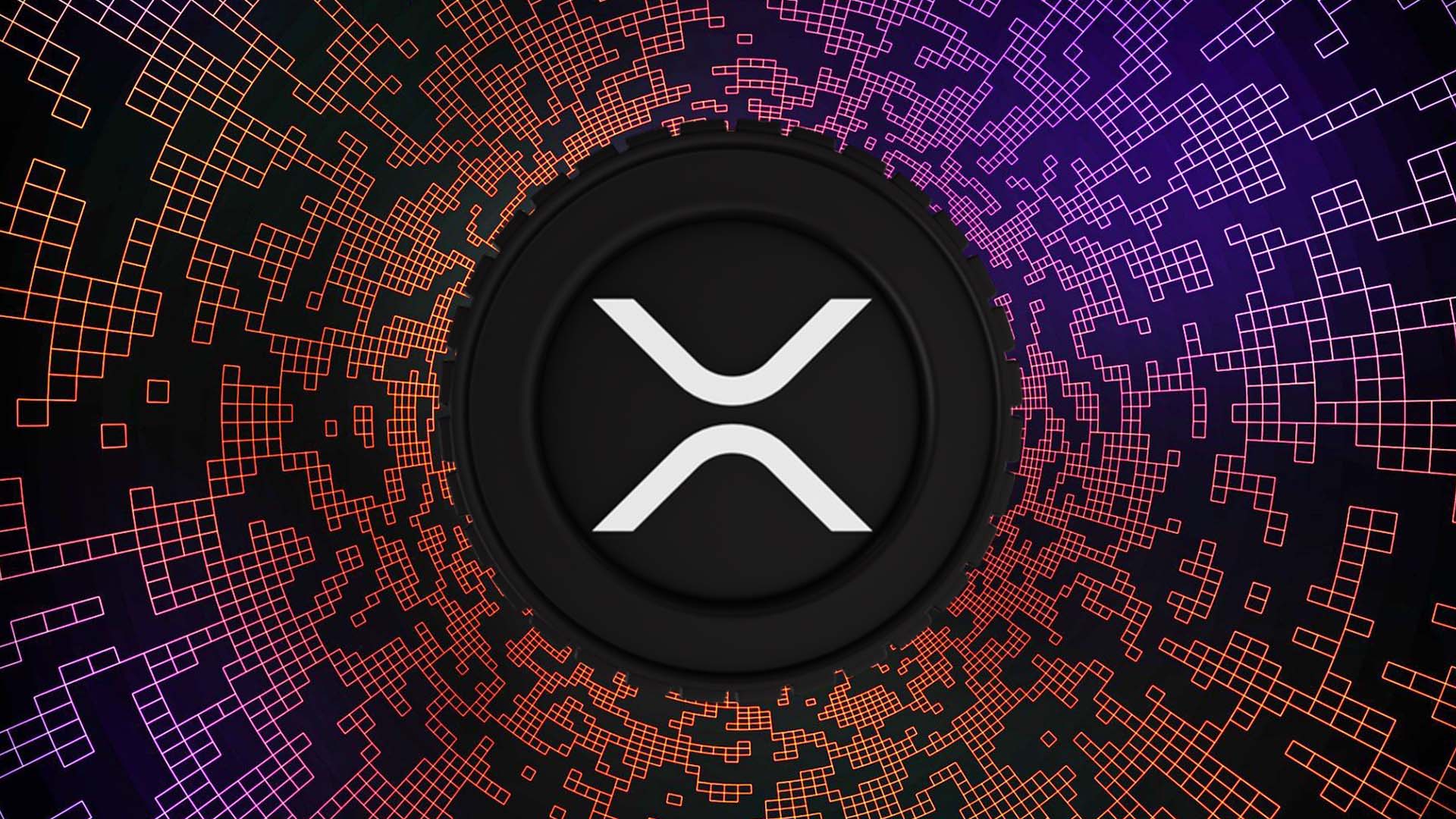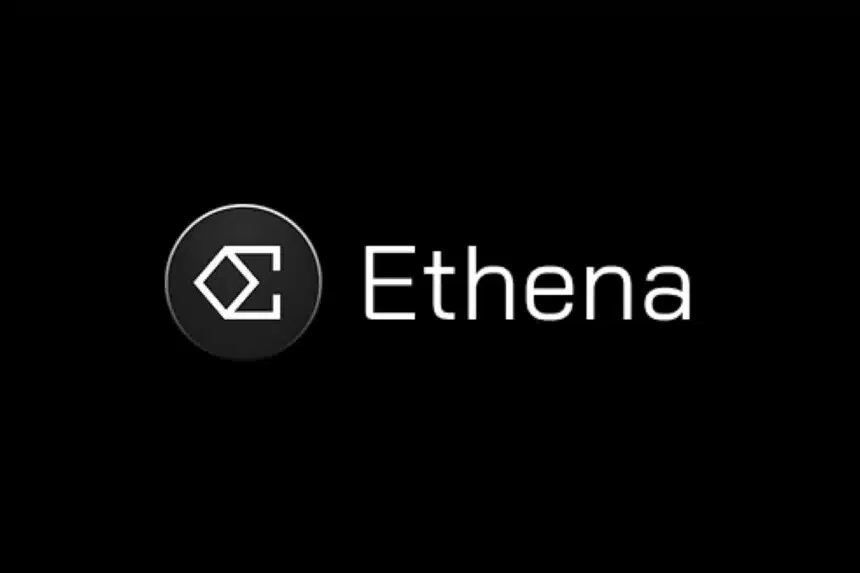|
Getting your Trinity Audio player ready...
|
The legal tug-of-war between cryptocurrency exchanges and regulators has intensified as Bitnomial, a Chicago-based digital asset derivatives exchange, has initiated a lawsuit against the U.S. Securities and Exchange Commission (SEC). This legal dispute comes on the heels of the SEC’s assertion that XRP futures should be classified as “security futures,” placing them under its jurisdiction.
The Controversial Classification of XRP
In August, following a pivotal ruling in the SEC vs. Ripple lawsuit, Bitnomial self-certified its XRP US Dollar Futures contract, asserting that it complied with regulatory standards set by the Commodity Futures Trading Commission (CFTC). This self-certification allowed Bitnomial to list and trade the XRP futures contract without needing explicit approval from the CFTC. However, the SEC quickly intervened, claiming jurisdiction over the futures, citing that they qualify as “security futures” and warning Bitnomial of potential violations of federal securities laws.
The SEC further mandated that Bitnomial must register as a national securities exchange to proceed with the listing of XRP futures, a move the exchange vehemently opposes. In its lawsuit, Bitnomial argues that XRP should not be classified as a security, challenging the SEC’s longstanding stance that XRP constitutes an investment contract. “Bitnomial disagrees with the SEC’s view that XRP is an investment contract and, therefore, a security,” the exchange stated in its legal filing.
A Unique Legal Battle
Bitnomial’s CEO, Luke Hoersten, expressed confidence in their position, emphasizing the exchange’s clean regulatory record and the groundbreaking nature of their lawsuit. He believes the case could set a significant legal precedent for how crypto derivatives, particularly XRP futures contracts, are regulated in the United States.
The lawsuit follows a wave of legal actions against the SEC by other major players in the crypto industry. Crypto.com, one of the world’s largest cryptocurrency exchanges, recently launched its own legal challenge against the SEC after receiving a Wells notice, accusing the agency of overstepping its authority in regulating crypto assets. Crypto.com contends that the SEC’s broad classification of nearly all crypto transactions as securities is inconsistent and unlawful.
Ongoing SEC Scrutiny in the Crypto Space
The SEC has been on a regulatory rampage, targeting numerous companies within the crypto sector, including ConsenSys, Uniswap Labs, and OpenSea. With Ripple Labs, Binance, and Coinbase embroiled in their own legal battles, the crypto industry is under significant scrutiny, and these disputes are unlikely to resolve anytime soon. Ripple recently filed a notice of appeal to contest the SEC’s latest actions, signaling a continued fight against the regulatory body.
In July, a ruling by Judge Analisa Torres in the Southern District of New York indicated that Ripple’s sales of XRP on exchanges did not qualify as securities transactions, although sales to institutional investors did. This ruling led to Ripple Labs being ordered to pay $125 million to settle the lawsuit, a move that hinted at a potential resolution unless the SEC decided to appeal.
Also Read: Ripple vs. SEC – Cross-Appeal Strategy Sparks 7.6% Weekly Drop; Can XRP Bounce Back?
The Future of XRP and Crypto Derivatives
As disagreements over the classification of XRP linger, the legal battles between the SEC and various crypto entities are poised to extend well into the next year. Bitnomial’s lawsuit represents not just a stand against the SEC’s authority but also a potential turning point in how cryptocurrency futures are regulated in the U.S.
With regulators and the crypto industry locked in an ongoing clash, the outcome of Bitnomial’s lawsuit could pave the way for clearer regulations governing digital assets and their derivatives, ultimately shaping the future landscape of cryptocurrency trading in the United States. The stakes are high, and the implications of this legal showdown will be closely monitored by investors and regulators alike.
Disclaimer: The information in this article is for general purposes only and does not constitute financial advice. The author’s views are personal and may not reflect the views of Chain Affairs. Before making any investment decisions, you should always conduct your own research. Chain Affairs is not responsible for any financial losses.




